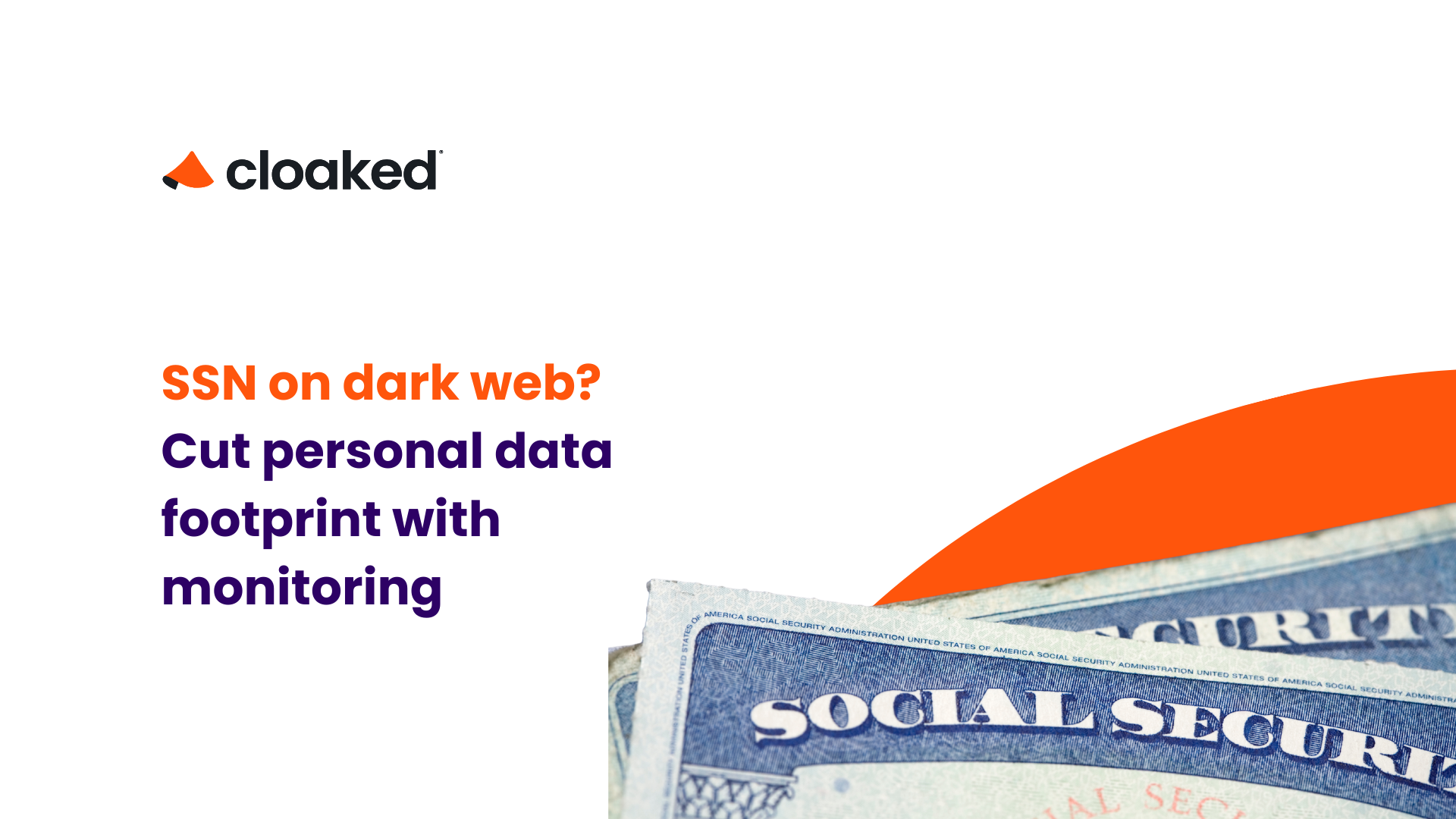Payment apps have revolutionized how we manage transactions, offering unparalleled convenience. Yet, with this ease comes vulnerability, as scammers continuously devise new tactics to exploit unsuspecting users. From cash flipping schemes to phishing attempts, understanding these threats is crucial to safeguarding your finances. Let's explore the scams you need to watch out for and how to protect yourself effectively.
Understanding Cash Flipping Scams
Ever stumbled upon a social media post promising to turn a small investment into a massive return overnight? That's the bait used in cash flipping scams, a prevalent menace in today's digital transactions. These schemes often entice users with the allure of quick, substantial profits from modest initial inputs.
Fraudsters primarily operate on platforms like Instagram and Twitter, where they peddle these too-good-to-be-true schemes. They craft an image of legitimacy by using flashy posts and testimonials from "satisfied customers"—often fake or compromised accounts. If you see a post claiming to flip $200 into $1,000, remember this: no legitimate investment guarantees such returns.
How These Scams Work
- Initial Contact: Scammers reach out with enticing promises, often through direct messages or comments.
- Small Rewards: They might send a minor "profit" to build trust, urging you to invest more.
- Social Proof: Use of fake accounts to vouch for their legitimacy.
Staying Safe
To protect yourself, avoid engaging with unsolicited messages, especially those promising quick riches. If a friend appears to be promoting such schemes, reach out to them through a verified channel to confirm their account hasn't been hacked. Trust your instincts—if something feels off, it probably is.
In our digital age, maintaining vigilance is key. While it's tempting to believe in easy money, the reality is far less glamorous. Keeping informed and skeptical can save you from falling prey to these deceptive tactics.
The Dangers of Accidental Payment Scams
Accidental payment scams have become a cunning tool for fraudsters, who use them to ensnare unsuspecting victims. Picture this: you receive an unexpected transfer to your payment app account. It seems harmless, but it's a trap. Scammers often use these "accidental payments" to lure individuals into a web of deceit.
How Accidental Payment Scams Work
1. Initiating Interaction: Fraudsters send small amounts of money to your account, claiming it was a mistake. This action opens the door for communication, often leading to a request for you to return the funds.
2. Stolen Card Funds: Many of these payments originate from stolen credit or debit cards. If you send the money back, the scammer may report the card as stolen, causing the transfer amount to be withdrawn from your bank account.
3. False Sense of Obligation: Victims may feel morally obligated to return the money, unknowingly falling into the scammer's trap. This is a classic psychological play to manipulate well-intentioned individuals.
Protecting Yourself from Accidental Payment Scams
- Decline Unexpected Funds: Always be wary of random payments. If you receive unexpected funds, it's best to decline them and verify the sender's identity before taking any action.
- Verify Requests: Double-check any request for money returns. Use official contact methods to verify the authenticity of the transaction.
- Educate and Safeguard: Awareness is your first line of defense. Share knowledge about these scams with friends and family to prevent them from becoming victims.
In scenarios where accidental payments may occur, using secure platforms like Cloaked can provide an additional layer of protection by masking your actual financial information, thus keeping your transactions and identity safe from potential scams.
By staying informed and vigilant, you can protect yourself from the pitfalls of accidental payment scams. Remember, if it feels off, it probably is. Trust your instincts and always verify before you act.
Phishing Scams: Protect Your Information
In today's digital age, phishing scams have become a crafty tactic for cybercriminals to steal personal information. These scams often manifest as emails or messages that appear to be from reputable sources, aiming to trick you into sharing sensitive details.
Recognize the Red Flags
Phishing emails or messages typically have telltale signs:
- Urgency and Fear Tactics: Scammers often create a sense of urgency, claiming your account will be suspended if you don't respond quickly.
- Suspicious Links: Hover over links without clicking. If the URL looks odd or doesn't match the sender's domain, it's a trap.
- Unfamiliar Senders: Verify the sender's email domain. Legitimate companies won't contact you from generic email services.
Guarding Against Scams
To protect yourself, consider these practical steps:
- Verify Before You Click: Always double-check the sender's email domain. For instance, legitimate companies will have official domains like @square.com or @cash.app.
- Avoid Sharing Sensitive Information: No reputable company will request sensitive data, such as passwords or Social Security numbers, through email.
- Use Security Tools: Employ tools like Cloaked that provide additional layers of privacy and security, helping to mask your personal information from potential threats.
By staying vigilant and informed, you can shield yourself from the cunning tactics of phishing scammers. Remember, when in doubt, don't click. Always take a moment to verify the authenticity of any suspicious communication.
In-Person Scams: Stay Vigilant
In-person scams are sneaky and can catch you off guard. Picture this: you're approached by someone with an urgent request to use your phone—perhaps they claim they need to call their family or report an emergency. It seems harmless, but in the blink of an eye, they could transfer funds from your payment app to their account.
How They Work
- Urgent Request: The scammer approaches you with a seemingly legitimate emergency. The key is to make you feel rushed so that you don't think twice before handing over your phone.
- Quick Transfers: Once they have your phone, they can swiftly navigate to your payment app and send themselves money. This usually happens before you even realize what's going on.
Steps to Protect Yourself
- Guard Your Phone: Only let trusted individuals use your phone. It's not rude to say no to strangers; it's smart.
- Security Settings: Ensure your phone's security features are top-notch. Use a strong password, enable biometric authentication, and lock your payment apps with additional security like a PIN or fingerprint.
- Monitor Alerts: Set up notifications for transactions. This way, you'll be immediately alerted if any unauthorized transactions occur.
The Role of Cloaked
While Cloaked focuses on digital privacy, its principles of safeguarding personal information extend to physical interactions. By applying similar vigilance and security measures in real life, you can protect yourself from these opportunistic scams. Remember, staying alert and prepared is your best defense against in-person scams.
In essence, trust your instincts. If a situation feels off, it probably is. Keeping your phone—and your finances—secure is paramount in today's interconnected world.
Fake App Versions and Social Media Scams
In the digital age, scammers are relentless in their pursuit of your personal information. One common tactic involves creating fake app versions. These are not just knock-offs; they're traps designed to steal your login credentials. Once they have these, fraudsters can access your accounts and wreak havoc on your finances.
How to Protect Yourself
- Stick to Official App Stores: Always download apps from the official Apple App Store or Google Play Store. These platforms have strict security protocols that help weed out malicious apps.
- Verify App Legitimacy: Before downloading, check the app's developer details and read user reviews. A fake app often has negative feedback or warnings from other users.
Social Media Scams
Scammers don't stop at fake apps. They're also lurking on social media, posing as customer support representatives. These imposters might offer to help with supposed account issues, only to siphon off your sensitive information.
- Beware of Unsolicited Help: Legitimate companies will not reach out to you on social media to fix account problems. If you're contacted out of the blue, it’s likely a scam.
- Check Official Accounts: Verify any social media profile claiming to be from customer support by checking the company's official website for their real social media handles.
Anecdote
Imagine this: You're sipping your morning coffee when a notification pops up on your phone. It's a message from "customer support" on Instagram, warning you of suspicious activity in your account. Your first instinct might be to panic and respond, but hold on! This is a common tactic used by scammers to create a sense of urgency and trick you into divulging personal information.
Additional Security Measures
Using a service like Cloaked, which provides additional layers of security and privacy, can be a game-changer. Cloaked allows you to create disposable email addresses and phone numbers, making it harder for scammers to target you. It's like having a personal security guard for your digital life.
Remember, a little vigilance goes a long way in keeping scammers at bay. Stay safe out there!
How to Protect Yourself
In an age where convenience often trumps caution, it's crucial to keep your guard up, especially when using payment apps. Scammers are getting cleverer, but so can you. Here’s how to keep your finances safe and sound:
Guard Your Wallet: Never Send Money to Strangers
Consider this a cardinal rule: never send money to strangers or unverified contacts. Scammers often prey on the unsuspecting by posing as friends, relatives, or even organizations you trust. If someone you don't know requests money, it's a red flag. Always confirm their identity through a trusted source before proceeding with any transaction.
Fortify Your Account: Strong Passwords and Two-Factor Authentication
Your first line of defense is a strong, unique password. But why stop there? Enable two-factor authentication (2FA) to add an extra layer of security. This way, even if someone cracks your password, they still need another piece of information—usually a code sent to your phone—to access your account. It’s like having a guard dog for your digital wallet.
Direct Line Only: Use Official Customer Support Channels
When in doubt, reach out—but make sure it’s through the right channels. Always contact customer support through official channels. Scammers often set up fake support lines to phish for your details. Use the app's built-in support feature or official website contacts. Never trust unsolicited emails or calls claiming to be from support without verifying their authenticity.
Bonus Tip: Consider Using Cloaked for Enhanced Privacy
For those keen on going the extra mile, Cloaked offers a smart way to manage your digital interactions. By creating secure, disposable contact information, Cloaked can help you keep scammers at bay while maintaining your privacy. It’s like having a personal bodyguard for your online identity.
By adopting these practices, you can significantly reduce the risk of falling victim to payment app scams. Stay vigilant, stay informed, and most importantly, stay safe.










